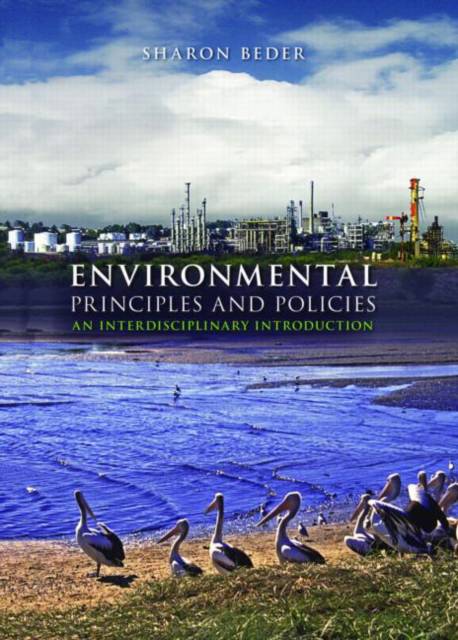
- Retrait gratuit dans votre magasin Club
- 7.000.000 titres dans notre catalogue
- Payer en toute sécurité
- Toujours un magasin près de chez vous
- Retrait gratuit dans votre magasin Club
- 7.000.0000 titres dans notre catalogue
- Payer en toute sécurité
- Toujours un magasin près de chez vous
Environmental Principles and Policies
An Interdisciplinary Introduction
Sharon BederDescription
Environmental Principles and Policies uses environmental and social principles to analyse the latest wave of economic-based and market-orientated environmental policies currently being adopted around the world. This book provides an in-depth examination of six key principles that have been incorporated into international treaties and the national laws of many countries:
* ecological sustainability
* the polluter pays principle
* the precautionary principle
* equity
* human rights
* public participation
These principles are then used to evaluate a range of policies including pollution charges, emissions, trading, water markets, biodiversity banks and tradable fishing rights.
Environmental Principles and Policies is easily accessible, using non-technical language throughout, and - in what sets it apart from other books on environmental policy-making - it takes a critical and interdisciplinary approach. It does not set out policies in a descriptive or prescriptive way, but analyses and evaluates policy options from a variety of perspectives. This enables readers to gain a thorough grasp of important principles and current policies, as well as demonstrating how principles can be used to critically assess environmental policies.
Spécifications
Parties prenantes
- Auteur(s) :
- Editeur:
Contenu
- Nombre de pages :
- 312
- Langue:
- Anglais
Caractéristiques
- EAN:
- 9781844074044
- Date de parution :
- 01-10-06
- Format:
- Livre broché
- Format numérique:
- Trade paperback (VS)
- Dimensions :
- 171 mm x 239 mm
- Poids :
- 598 g

Les avis
Nous publions uniquement les avis qui respectent les conditions requises. Consultez nos conditions pour les avis.






